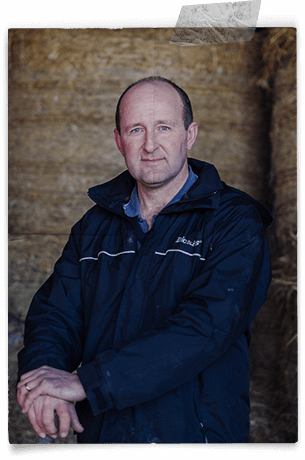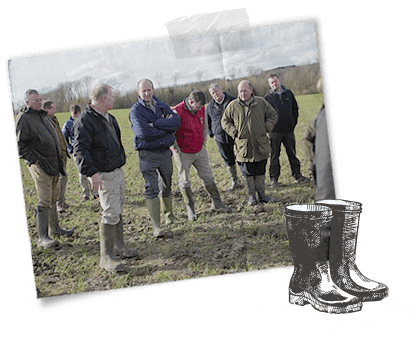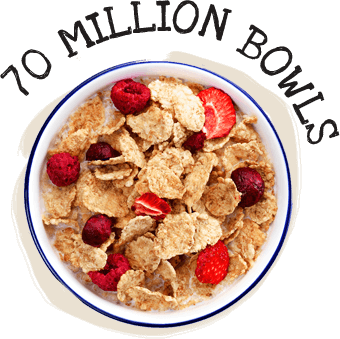Stephen


Meet the Farmer Stephen
I’m one of the founding members of The Kellogg’s Origins™ Programme and have been a member for about two years – now there are 16 of us!
my Farm & Kellogg's
I’ve been growing wheat for Kellogg’s on the farm for 10 years The Programme is an exciting new chapter to our story.
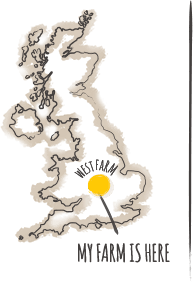
my family have been farming for

of years
With advice from The Programme
I try to select varieties of wheat that can look after themselves better – they’re naturally very clever. Crops need their nutrients, just as people do.
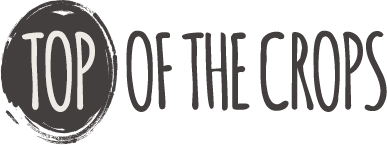
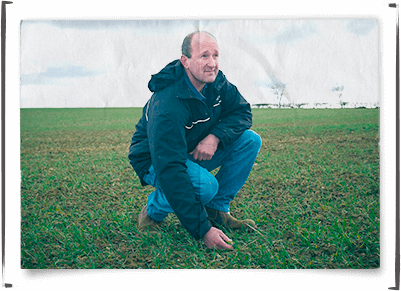
The soil is where crops start.
We feed and care for the soil; the soil contains nutrients, which feeds the crops, finally making tasty cereal.
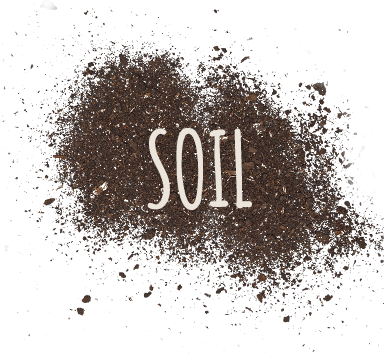
Full of beans
We use winter beans as our cover crop. They take nitrogen naturally from the atmosphere and lock it in the soil, helping make our yields stronger and healthier.
The bean plants are left to build up the organic matter in our soil, adding extra nutrients, while improving binding and water retention – very helpful when growing crops.
GAME, SET, MATCH

acres of wheat is grown
EQUIVALENT TO 10,000 TENNIS COURTS
THE WORMS DON’T GET A DAY OFF
Even the worms pitch in with the work 24/7.
They are ‘nature’s ploughs’, burrowing away, mixing soil layers and eating the organic matter, adding to the fertilising process, creating even more nutrients, which results in the perfect growing environment for our crops. A farmer’s best friend, apart from the dog!
Animals Crossing
Grassy field margins and hedges are corridors – ‘mini highways’ so animals don’t have to cross bare fields, potentially damaging our seeds and plants.
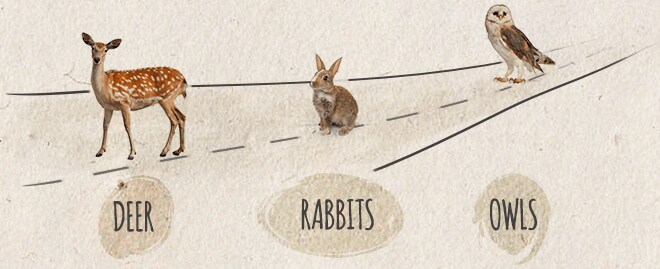
they love ‘mini highways’ for food, shelter and nesting.
Crossings help with bees and insects, which is great news for pollinating our plants, natural crop protection, and the wider environment.
We know from The Kellogg’s Origins™ Programme that a mixture of grasses encourages wild birds to the farm.
Wild flower mixes, alongside rape crops, attract bees and insects, which in turn pollinate our plantings, helping increase productivity, as well as keeping nature’s food chain in harmony.
Share & Care
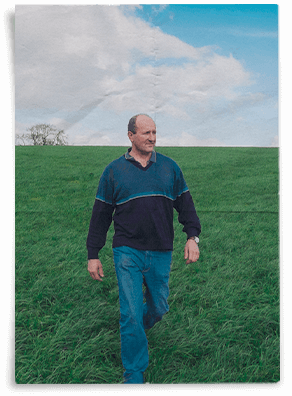
GROW YOUR OWN COMPOST
Some of The Kellogg’s Origins™ Programme farms make their own compost onsite to help fertilise crops, cutting out unnecessary transport costs and emissions. It also means we know exactly what goes into our soil.
OUR WHEAT
ENDS UP
IN HERE!
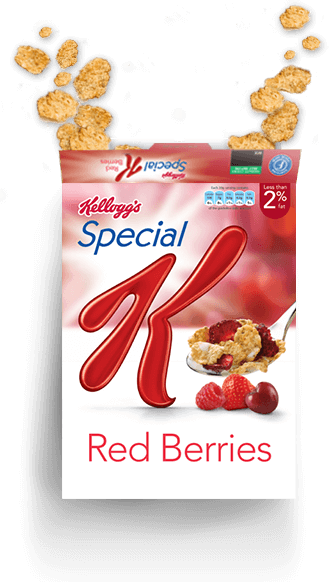
We grow enough nutritious wheat that could make 70 million bowls of Special K cereal.
my hope
“Is that by nurturing the land and taking care of the soil the farm can carry on producing efficiently for generations to come.”
 Stephen
Stephen